What Happens If You Drive With A Cracked Head Gasket
The result is a loss in coolant, which can lead to overheating of your engine if you drive it for any length of time. If you drive for a long time with a cracked head gasket, you could face an engine block repair or a complete engine replacement.

What Is A Head Gasket What Are The Symptoms Of Blown Head Gasket
Freezing with water not mixed with anti freeze is a common cause of a cracked block.
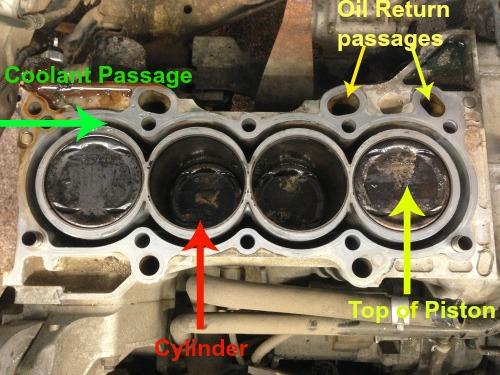
What happens if you drive with a cracked head gasket. It keeps the fuel and the compressed air inside the cylinder where it ignites and turns into energy. It can allow coolant to escape from your engine. A blown or cracked head gasket can cause one of two problems:
When the head gasket has blown, it’s important to take care of it. Just so, can you drive a car with a blown head gasket? When answer “can you drive with a blown head gasket?”, you need to take into account the important engine components that could be damaged with continuing to drive your vehicle.
When your head gasket is blown, it allows one or more of these fluids or gases to get to a place they shouldn’t be. It can allow coolant to escape from your engine. Not very far in most cases without overheating.
A blown or cracked head gasket can cause one of two problems: It can allow coolant to escape from your engine. The head gasket is part of the combustion chamber jammed in between the engine block and the cylinder head.
Overheating is a common cause of a blown head gasket. A blown head gasket means your engine is now either letting water into a cylinder causing that cylinder to misfire. Can a blown head gasket damage the engine?
The result is a loss in coolant, which can lead to overheating of your engine if you drive it for any length of time. The result is a loss in coolant, which can lead to overheating of your engine if. An external blown head gasket will leak, usually slowly, down the side of the engine.
Beside this, what happens if you drive with a blown head gasket? An internal head gasket leak creates white smoke and causes overheating. The result is a loss in coolant, which can lead to overheating of your engine if you drive it for any length of time.
It also will allow water to. A blown or cracked head gasket can cause one of two problems: You will immediately lose some power.
If the coolant is leaking and the combustion area is creating high temperatures, this can lead to premature erosion and possible cracking of the cylinder head. Answered may 9, 2021 · author has 1.9k answers and 330.3k answer views. It may also let engine oil get in all of these places as well.
A blown or cracked head gasket can cause one of two problems: When the coolant leaks into an engine cylinder, it misfires. Machine shops have special tools and equipment that can detect cylinder head cracks that are not visible to the naked eye.
For starters, if you’re checking under the hood to identify. It can allow coolant to escape from your engine. The blown gasket may cause loss of compression in one or two cylinders as well as possible mixing of cooling water and engine oil.
A blown or cracked head gasket can cause one of two problems: A cracked head gasket might lead to a leak, which will be tested by pressurizing your cooling system and watching for pressure loss. Is a head gasket worth fixing?
If you absolutely need to drive for short periods with a damaged head gasket, try using head gasket sealer first to protect your engine. It can allow coolant to escape from your engine. It can allow coolant to escape from your engine.the result is a loss in coolant, which can lead to overheating of your engine if you drive it for any length of time.
What happens if you drive with a blown head gasket? No, the sooner you get it fixed, the better. If you don’t repair a blown head gasket, your engine can incur significant damage, starting with loss of engine power and ultimately leading to complete engine failure.
Generally when you blow a head gasket you don’t hemorrhage coolant out the side of the engine (unless something even more serious happened). A cracked cylinder head often exhibits the same symptoms as a blown head gasket. It can allow coolant to escape from your engine.
Aside from the damage it will do to your engine, driving with a blown head gasket can be dangerous. A blown or cracked head gasket can cause one of two problems: The result is a loss in coolant, which can lead to overheating of your engine if you drive it for any length of time.
For all these reasons we don't recommend driving with a blown head gasket. Is it safe to drive a car with a leaky head gasket? That’s why you should never drive with a cracked head gasket!
But there’s a more urgent issue to be aware of if you’re driving with a blown head gasket: If the coolant is leaking, then it’s no longer available to cool down the engine. What happens if you drive with a blown head gasket?
Overtime, those cracks will widen if they aren’t dealt with properly, leading to further damage and pricier repairs. It is all dependent on how much damage is done to the car. When a head gasket blows, it means that this seal has been broken, damaged, or cracked, and will allow compression to escape, improper combustion to occur, or engine fluids to infiltrate parts of the engine through which they were not designed to flow.
The result is a loss in coolant, which can lead to overheating of your engine if. Is it safe to drive with a blown head gasket? A blown head gasket can allow combustion gases to get into your coolant, engine coolant to get into the combustion space or your oil.
If the coolant level drops faster than normal, your car is likely to have a problem with the head gasket. A blown or cracked head gasket can cause one of two problems: So, whenever you (or your mechanic) are doing a head gasket job, the heads should be checked for cracks by a machine shop prior to reinstallation.
Most of the time, trouble with your vehicle’s head gasket starts out as a small crack before it is fully blown. Leaking coolant and combustion gases can cause high temperature gradients leading to erosion of the leak area and possible cracking.

Is It Safe To Drive With A Blown Head Gasket -
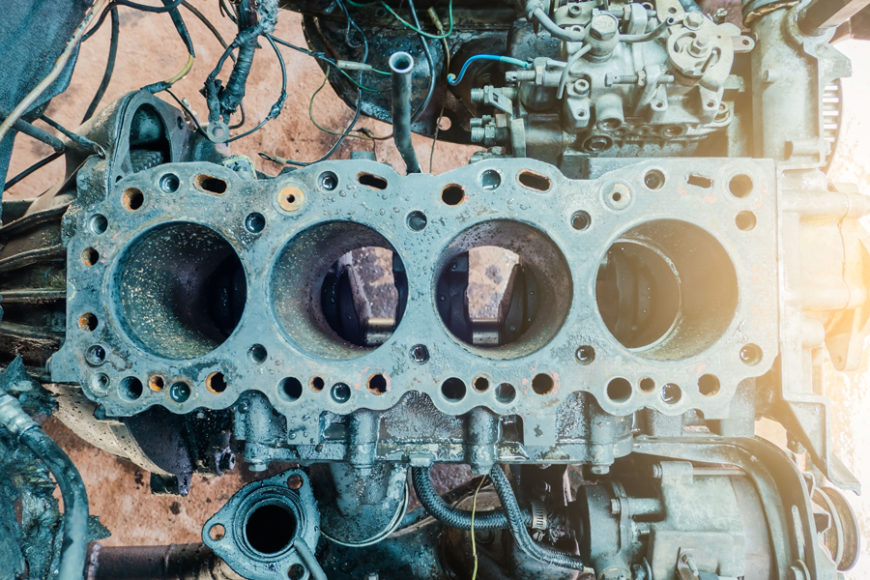
Symptoms Meaning Of A Blown Head Gasket How To Tell If You Blew A Head Gasket

What Is A Head Gasket What Are The Symptoms Of Blown Head Gasket
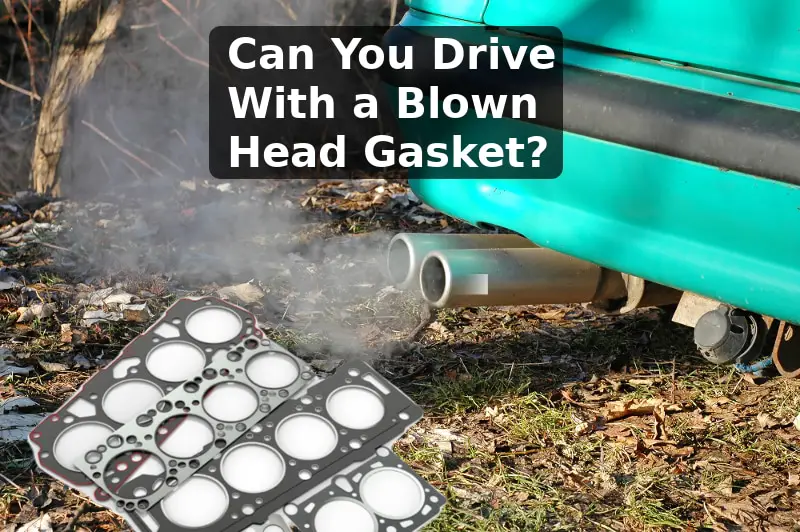
Can You Drive With A Blown Head Gasket Engine Questions Answered

A Cracked Head Gasket Common Symptoms And Repair

Symptoms Of A Blown Head Gasket - Radiator Helpline
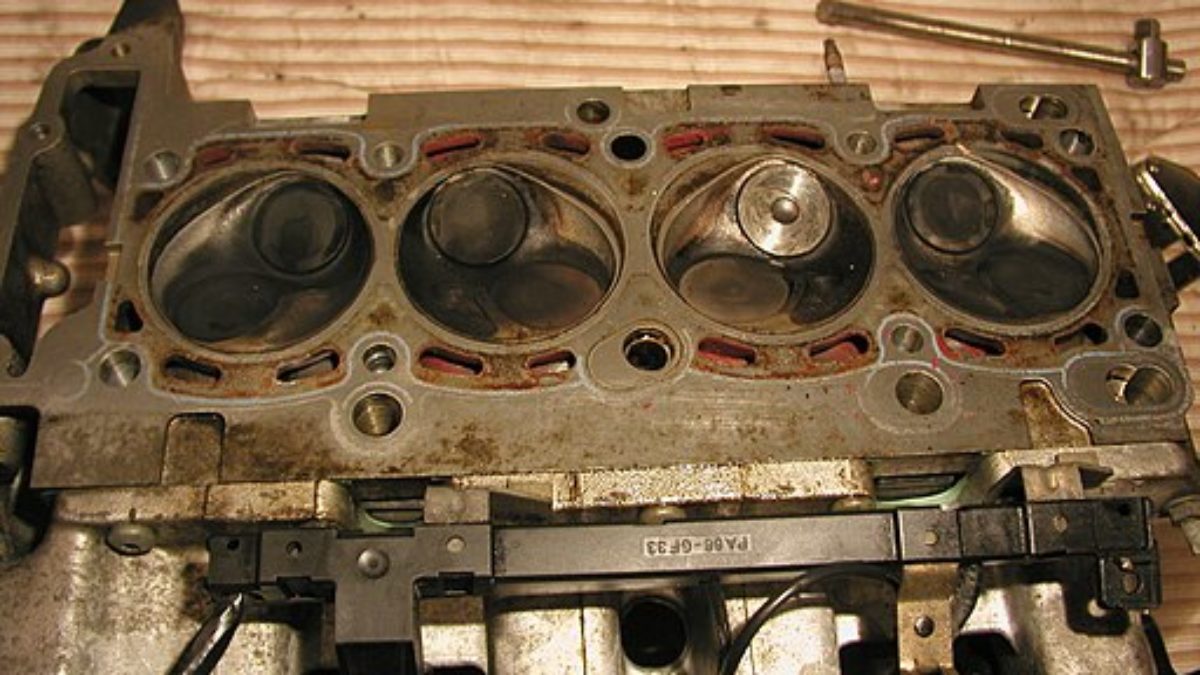
Car Head Gasket Repair Cost Free Shipping Available
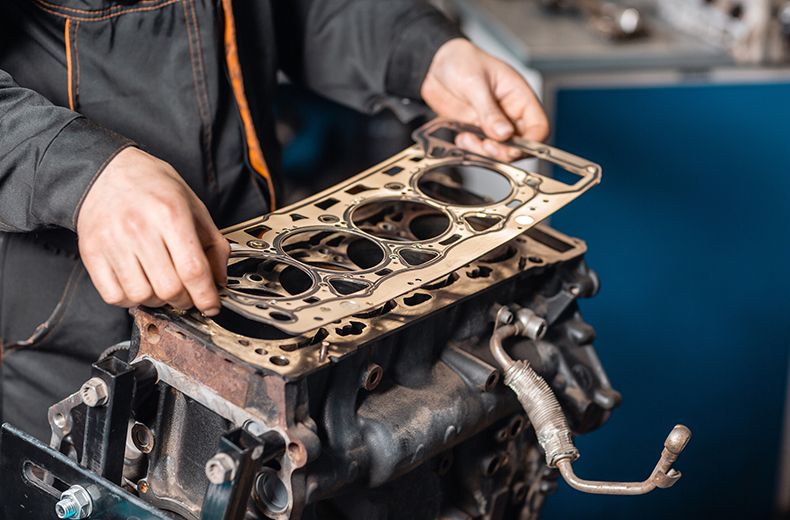
Head Gasket Guide Why Does It Fail And How Can I Tell Rac Drive
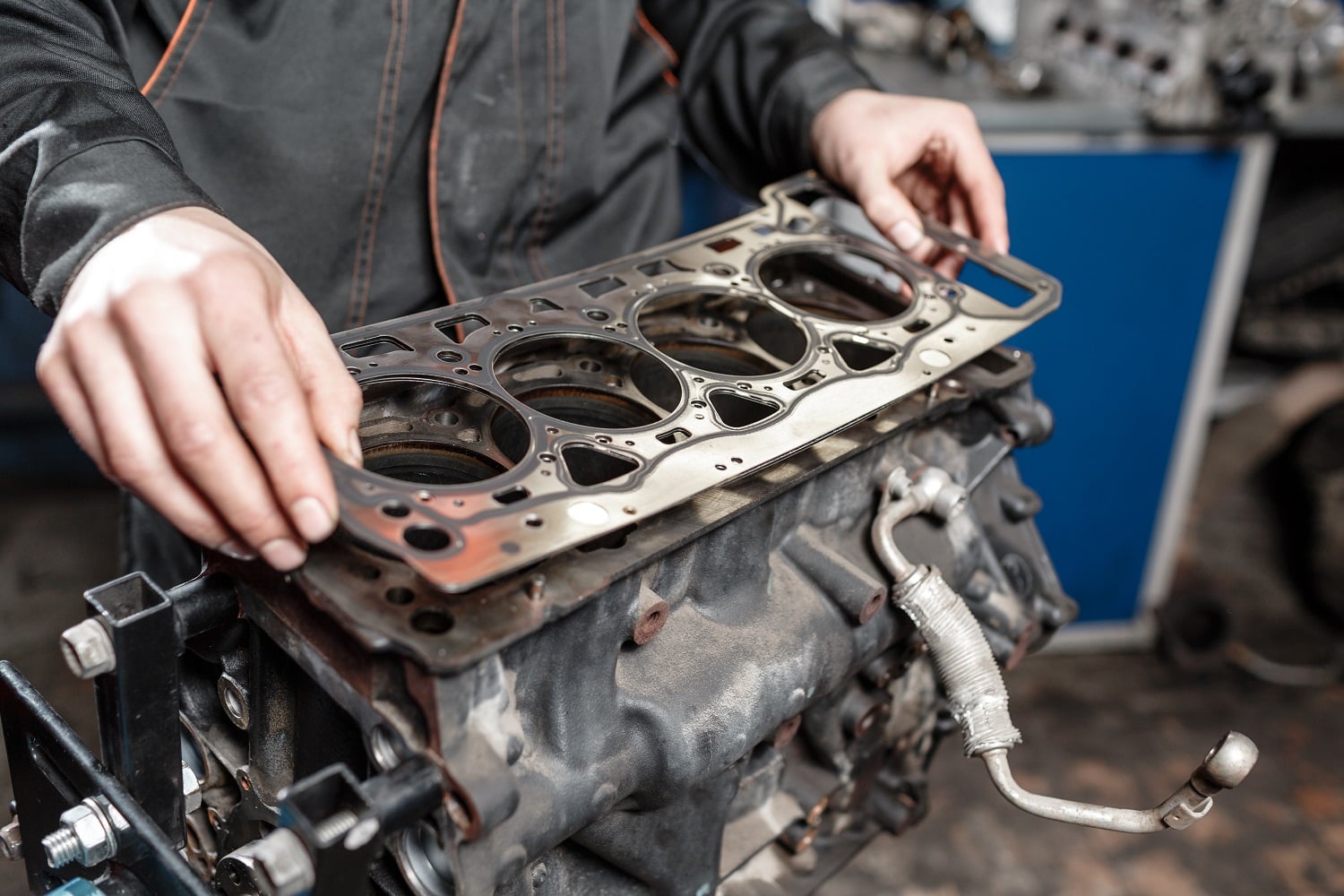
Is Fixing A Blown Head Gasket Worth It - Bluedevil Products

5 Signs You Have A Blown Head Gasket And How To Prevent It

7 Signs Your Car Has A Blown Head Gasket - Build Price Option

Can You Drive With A Cracked Head Gasket Everything You Need To Know - Bluedevil Products
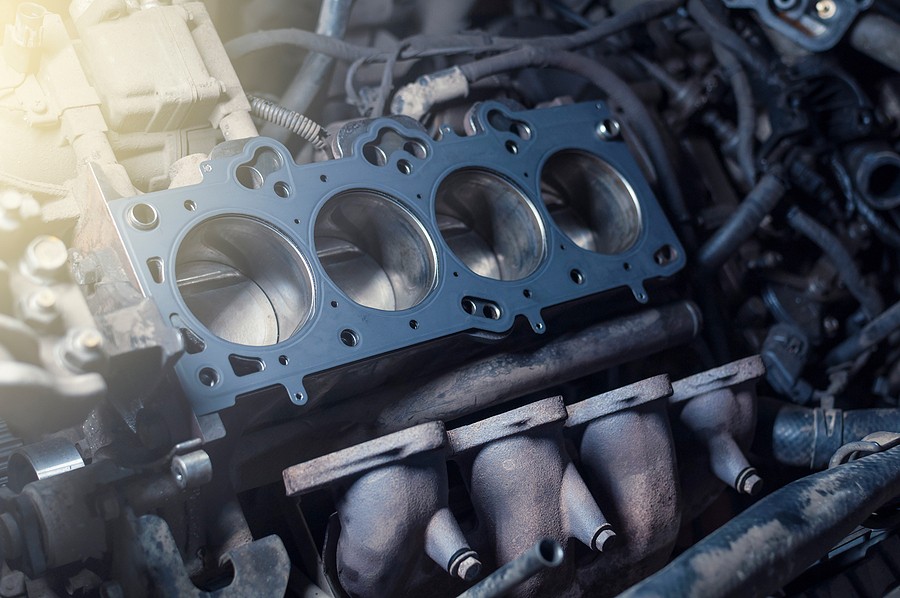
Cracked Head Gasket What Are The Symptoms And Problems
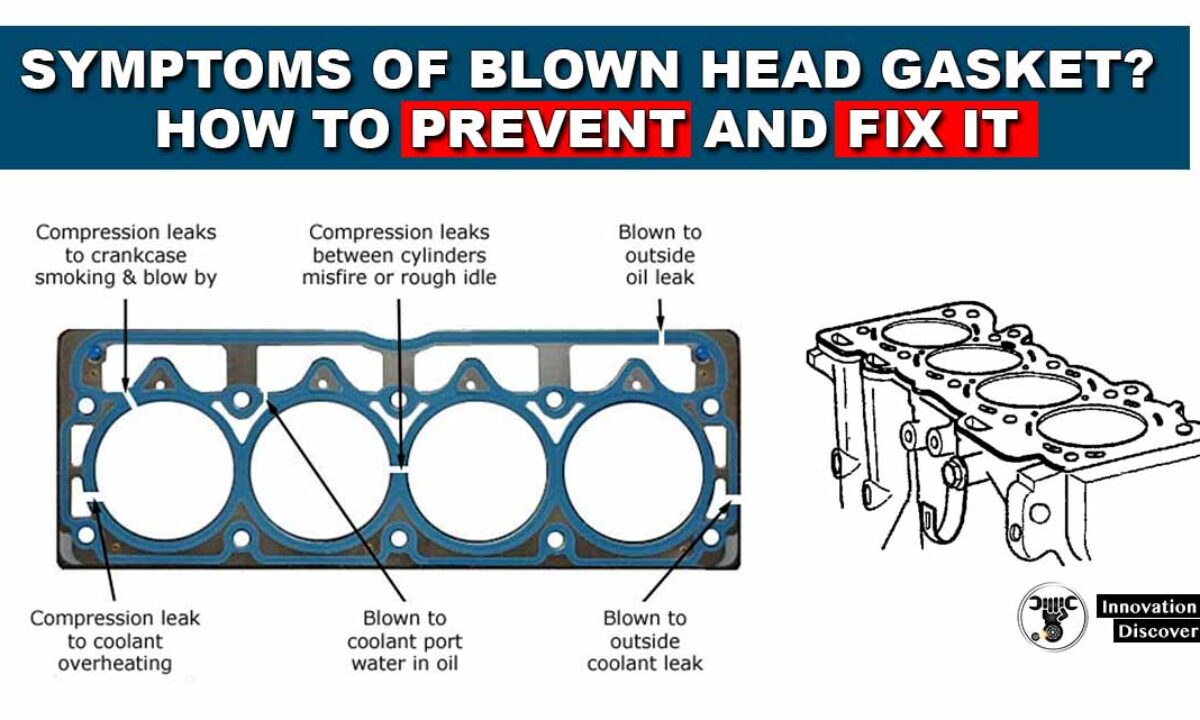
Symptoms Of A Blown Head Gasket How To Prevent And Fix It

Troubleshooting A Head Gasket Everything You Need To Know Prestone
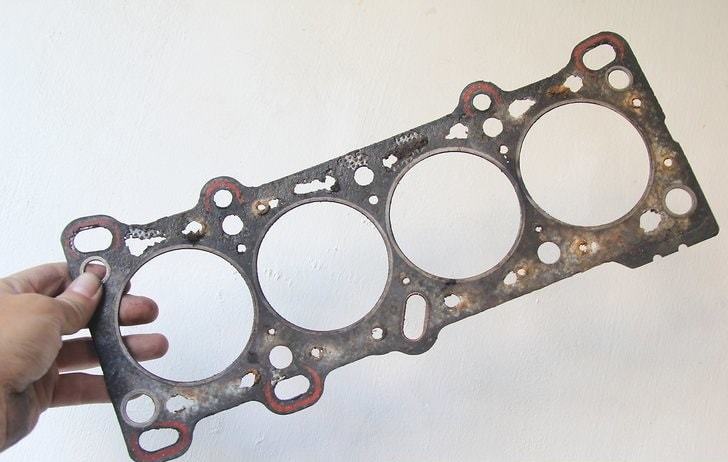
What To Do If You Have A Blown Head Gasket

Troubleshooting A Head Gasket Everything You Need To Know Prestone

Blown Head Gasket Most Common Causes And Symptoms
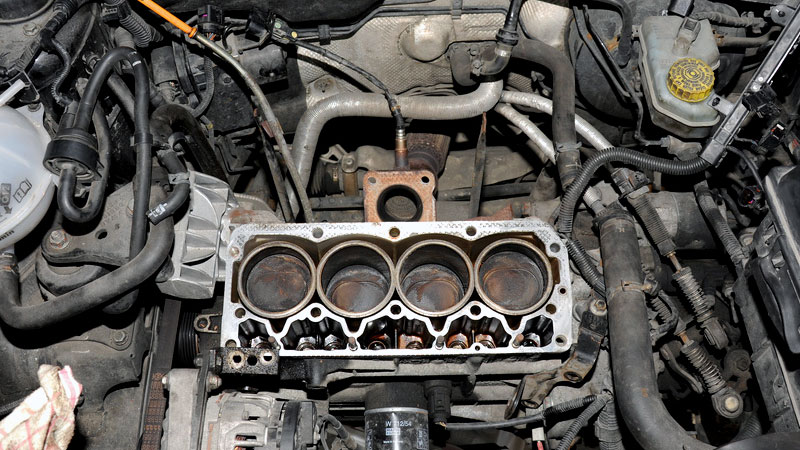
8 Symptoms Of A Blown Head Gasket Vs Cracked Engine Block